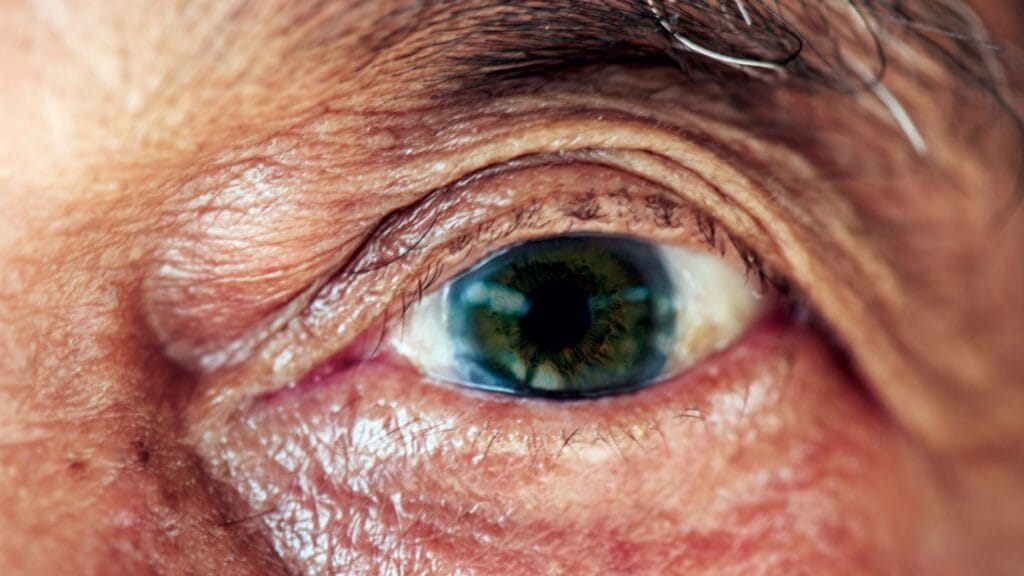
An innovative Parkinson’s treatment that has been in the works since before the pandemic is finally ready for a final-phase trial, developers announced.
The device, Celeste, uses light therapy to help recover natural circadian rhythms in people living with Parkinson’s.
Originally, the device was cleared by the US Food and Drug Administration in 2020, but due to COVID-related delays and subsequent funding challenges, a subsequent clinical trial wasn’t feasible until now, developers said.
Twenty-five percent of all people living with Parkinson’s reside in assisted living communities and nursing homes, according to the Michael J. Fox Foundation for Parkinson’s Research, citing research published in Neurology.
The device is designed for personal use and when it becomes commercially available could offer a tool for senior living and care providers that would help treat Parkinson’s symptoms without requiring a visit to a specialist or hospital.
The new trial will involve 300 individuals and is a partnership between Celeste’s parent company, PhotoPharmics, and the University of Rochester Medical Center.
Although there are different forms of light therapy, the Celeste device is designed to use light to help counteract retinal damage in the eye caused by Parkinson’s. The light targets photoreceptors in the eye and helps restore circadian rhythm signals, which in turn can help an individual recover better sleep habits.
The improved sleep regimen can help alleviate Parkinson’s symptoms such as nighttime tremors, daytime fatigue, cognition and depression, the company said.
The desire to improve all older adults’ sleep habits, regardless of their condition, has spurred several research initiatives and innovation. Although poor sleep is endemic among older adults, untreated insomnia or irregular sleep patterns can put someone at greater risk for dementia, the McKnight’s Clinical Daily has reported.
People living with Parkinson’s, and their caregivers ,can apply for the upcoming trial online.

